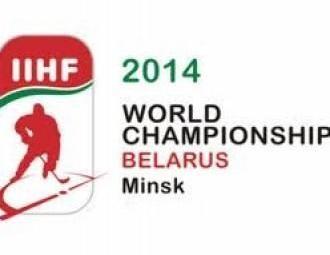On the threshold of the IIHC in Minsk human rights fighters call for “fair play”

The statement named “Belarus Must Play Fair, in Sports and Beyond” calls on Belarus’ leaders and citizens to take decisive steps towards making Belarus an open and democratic country.
EuroBelarus Information Service publishes the full text of the statement.
“This year marks the 20th anniversary of Aliaksandr Lukashenka’s authoritarian rule in Belarus, the “last dictatorship of Europe.” As if to celebrate the occasion, and despite multiple urgent calls from around the world, the International Ice Hockey Federation granted Lukashenka’s wish to host the 2014 Ice Hockey World Championship (IHWC) in Belarus this May. Hockey is his favorite sport.
Every individual has the right to live in a free society as much as to enjoy their favorite sports. The IHWC provides Belarus with the ultimate challenge to demonstrate that in life and in sport it truly lives up to the core principle of good sportsmanship, fair play.
By welcoming a global sports competition that promotes integrity and observes uniform regulations, Belarus should follow suit and show its citizens and the international community that it can play by the rules. The entertainment and economic opportunities of an international sporting event should not distract attention from the ongoing human rights violations. While supporting fair competition, Belarus should also support the fundamental rights and freedoms of its citizens, including the right to express opinions freely and without fear of retribution, to promote and defend their rights and interests by forming associations, and to choose their leaders in free and fair elections.
We support the right of every Belarusian citizen to be free. We call on Belarus’ leaders and citizens to take decisive steps towards making Belarus an open and democratic country, where fair play is not only a motto, but the way of living – during and beyond the timeframe of the Ice Hockey World Championship. And we urge others to join this call”.
International Consortium “EuroBelarus”, Helsinki Foundation for Human Rights, German Marshall Fund of the United States (GMF), BASA, Freedom House, the Barys Zvozskau Belarusian Human Rights House, Forum SYD, IREX Europe, Office for the Rights of Persons with Disabilities, Civil Rights Defenders, “We Remember” civil initiative, Östgruppen (Sweden), RADA, Norwegian Helsinki Committee and other human rights organizations, foundations and initiatives signed the petition.
-
03.01
-
07.10
-
22.09
-
17.08
-
12.08
-
30.09








































